Semantic SEO: How To Use It For Better Rankings
Semantic SEO: How to use it for Better Rankings SEO is the way to go in 2022 to improve the…

SEO is the way to go in 2022 to improve the performance and growth of your business, no matter in which industry you are. Today, almost everything can be sold online, and there are many opportunities for businesses to get a slice of the cake in the world of the internet. Not only is it just for commercial products or services, but it is also profitable for even blogs or news sites to focus on Semantic SEO since you can also make money by showing ads on your website.
Although there are some solid points in the SEO world, which haven’t changed much over the years, and don’t seem to change in the future too, there are also many things that have changed a lot over the years, and they keep changing. The world of SEO is very dynamic, and it constantly reinvents itself in many ways. This means that the most successful businesses in the internet world are the best at constantly adapting to the new rules of the SEO world.
One of the most significant examples of this is Semantic SEO. Semantic SEO is the term that refers to building more meaningful and useful content. Although it existed for many years in the world of SEO, it wasn’t very significant until recent years. Lately, Google and other search engines changed their policies on their approaches to Semantic SEO, which made it a lot more important today than it was in the past.
How Does Semantic SEO Work?
Search engines like Google have certain requirements for Semantic SEO, which greatly affect the overall rankings of websites. Semantic SEO mainly uses an AI-based engine to scan and understand the contents on the internet. It focuses on understanding human language and communication more efficiently and ranks the contents by matters such as readability and relevance.
Advantages of Semantic SEO
Semantic SEO has many benefits for your content and business, but the most important benefit is getting a lot higher rankings with the help of Semantic SEO. Additionally, you can also:
- Have more opportunities for internal linking, since the content gets better and better in terms of quality, and focuses on new information and efficiency rather than repetitiveness.
- Have better keyword rankings in both SEO and SEM.
- Have a more knowledgeable and involved customer base.
- Get additional points from Google by feeding the system in a way with new and useful information.
Keep users on your website for longer, since your content becomes more informative and worth reading.
Semantic SEO Tips to Boost Up Your Rankings
Semantic SEO is a great help when it comes to improving your rankings. With Semantic SEO, you can improve your SEO rankings by 10 to 30 percent pretty easily. To improve your rankings with Semantic SEO, you can benefit from the list of things you can do below:
Optimize Your Content Length and Depth
There is an undeniable correlation between the content length and depth, and website rankings. Too short, too long, too informative, or too superficial content may negatively affect your rankings. For this reason, it is important to find the golden balance between content depth and content length.
Several studies show that the sweet spot for content length is between 2300 and 2550 words per content, averaging at 2380 words. While content shorter than 2300 words usually can’t make it up to the top five on rankings, content that is longer than 3000 words also struggle to make it up to even the top ten. On the other hand, the average for the first ranks is respectively 2455, 2480, and 2375.
Build FAQ or PAA Sections
Answering commonly asked questions on the internet will greatly help with improving your Semantic SEO rankings. Building an FAQ section for your content might be beneficial, but you can also simply answer one or two questions, to rank in Google’s “People Also Ask” section. This section is usually displayed whenever you type a question sentence on the search bar, and several relevant questions and their answers from different sources are listed here.
To rank in a PAA section, you should make sure that you answer that question adequately in one paragraph, and 200 words at most. The ideal interval can be said to be 60 and 140 words.
See our Facebook page.

